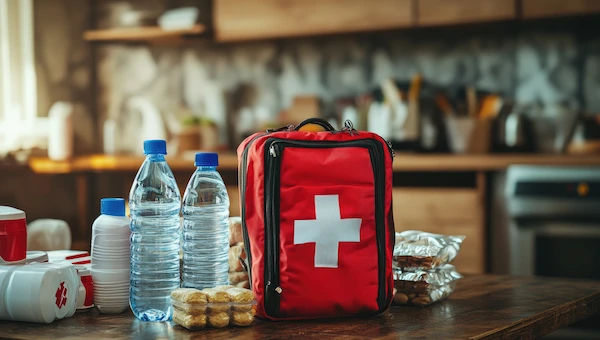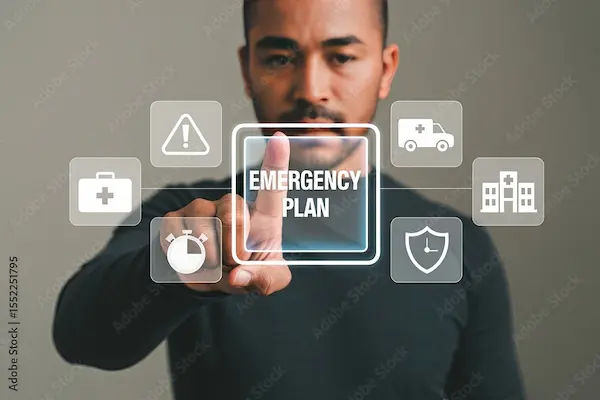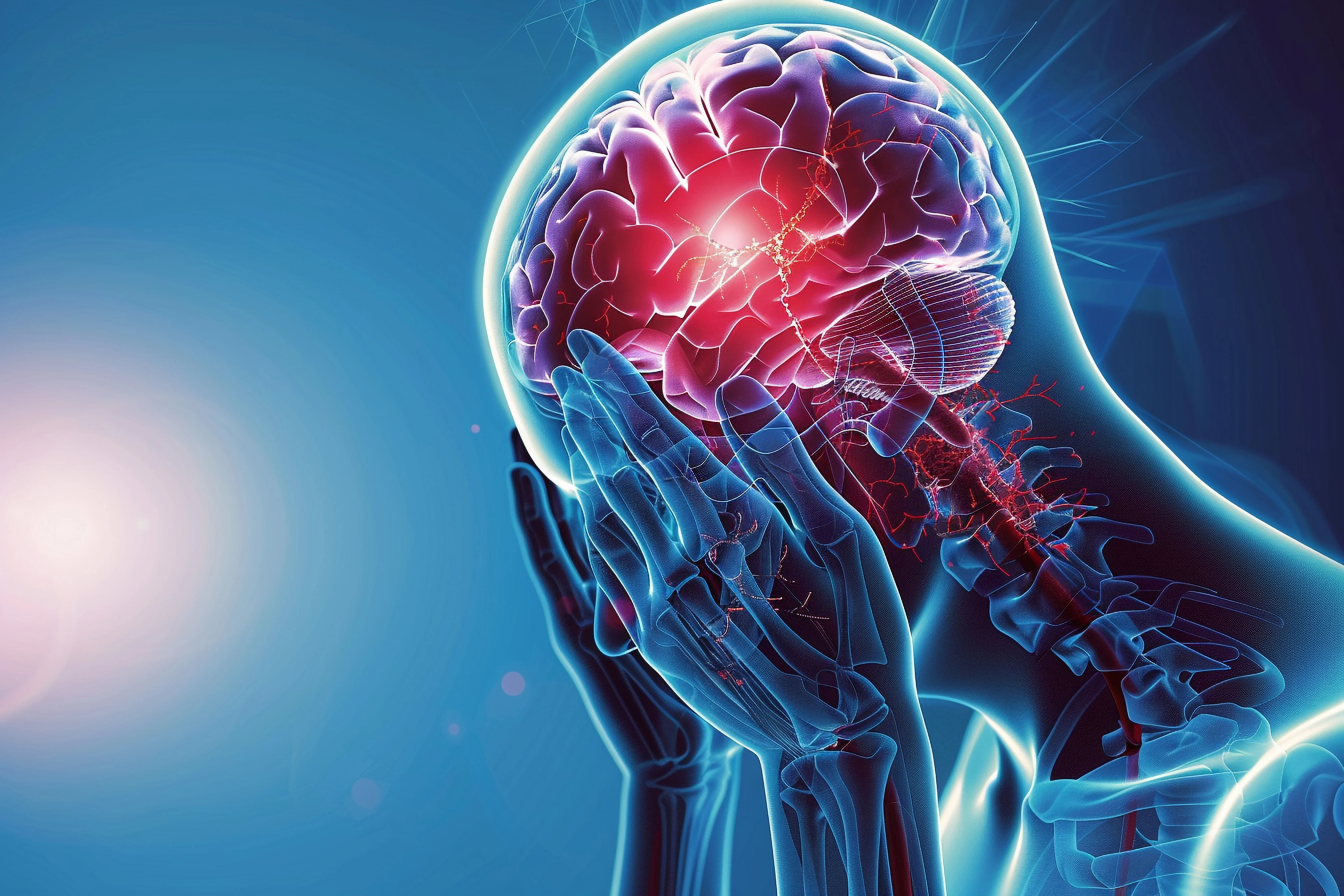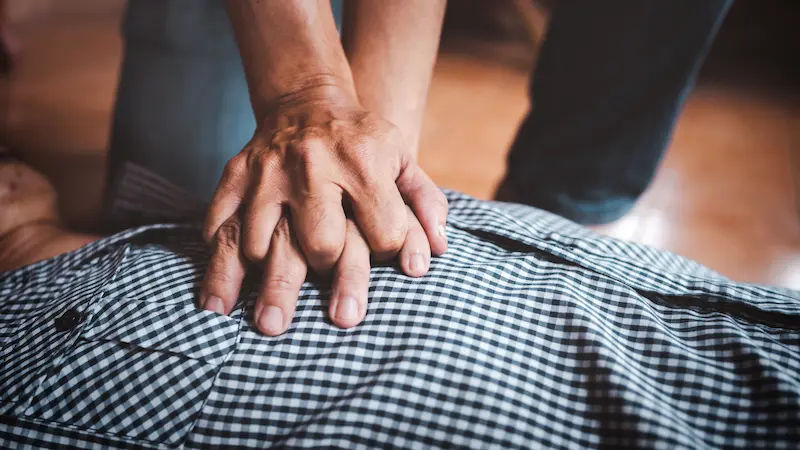Cardiac Emergency: Warning Signs, Causes, and What To Do
Know about cardiac emergency, warning signs, causes, what to do, step-by-step response guide and more.

Written by Dr. Siri Nallapu
Reviewed by Dr. J T Hema Pratima MBBS, Fellowship in Diabetes Mellitus
Last updated on 13th Jan, 2026

Introduction
Your heart is your body's relentless engine, but sometimes it sends out an S.O.S. A cardiac emergency is a sudden, life-threatening situation where the heart's function is severely compromised. Every second counts, and knowing what to look for and how to act can mean the difference between life and death. This guide cuts through the confusion to give you a clear understanding of what leads to these critical events, the often-misunderstood warning signs, including the subtle symptoms that are easy to miss and the immediate, decisive actions you must take.
What Exactly is a Cardiac Emergency?
A cardiac emergency is an umbrella term for any acute, severe problem related to the heart that requires immediate medical intervention. The two most critical types are heart attacks and sudden cardiac arrest. While people often use these terms interchangeably, they are distinct events with different causes and responses.
Heart Attack (Myocardial Infarction)
A heart attack is a circulatory problem. Think of it as a plumbing issue. It occurs when a blood clot or plaque buildup (atherosclerosis) blocks one of the coronary arteries, starving a portion of the heart muscle of oxygen-rich blood. The muscle begins to die if the blockage isn't cleared quickly. The symptoms can be intense and sudden or start slowly with mild pain and discomfort. The key is that during a heart attack, the person is usually conscious and breathing.
Consult a Cardiologist for Personalised Advice
Sudden Cardiac Arrest
Sudden cardiac arrest is an electrical problem. It's a circuitry failure where the heart's electrical system malfunctions, causing it to beat irregularly and inefficiently (a state called ventricular fibrillation). The heart quivers and can't pump blood to the brain, lungs, and other organs. The person collapses instantly, loses consciousness, and stops breathing. Death can occur within minutes without treatment. It can be triggered by a heart attack, but it is not the same thing.
The Crucial Difference Between a Heart Attack and Cardiac Arrest
The simplest way to remember: A heart attack is a blocked artery; the person is often awake and in pain. Cardiac arrest is a stopped heart; the person is unconscious and not breathing. A heart attack can lead to cardiac arrest, especially if not treated promptly.
Don't Ignore These Warning Signs of a Cardiac Emergency
Recognising the signals your body sends is critical. While chest pain is the most famous symptom, many cardiac emergencies present in less obvious ways.
Classic Heart Attack Symptoms
These include:
- Chest Discomfort: Intense pressure, squeezing, fullness, or pain in the centre of the chest that lasts more than a few minutes or goes away and comes back.
- Pain Radiating to Other Areas: Discomfort or pain in one or both arms, the back, neck, jaw, or stomach.
- Shortness of Breath: Often accompanies chest discomfort but can also occur before it.
- Cold Sweat, Nausea, or Lightheadedness: Feeling suddenly dizzy, breaking out in a cold sweat, or feeling nauseated.
Subtle and Atypical Symptoms (Especially in Women and Diabetics)
Women and people with diabetes are more likely to experience symptoms that are not the "classic" chest pain.
Signs of a heart attack in women often include:
- Unusual or unexplained fatigue that lasts for days.
- Indigestion, heartburn, or abdominal pain.
- Pain in the back, shoulders, or jaw without chest pain.
- A feeling of impending doom or extreme anxiety.
A silent heart attack might have minimal or no symptoms at all and may only be discovered later during a routine ECG.
The Signs of Sudden Cardiac Arrest
The warning signs are immediate and dramatic:
- Sudden Collapse: The person drops to the ground.
- No Pulse: The heart has stopped beating effectively.
- No Breathing: The person is not breathing or is only gasping irregularly (agonal breathing).
- Unconsciousness: The person does not respond to shouts or gentle shaking.
What Leads to a Cardiac Emergency? The Underlying Causes
Understanding the root causes of sudden chest pain and cardiac events helps in prevention. Most are not random but the result of long-standing conditions.
Coronary Artery Disease (CAD): The Primary Culprit
CAD is the leading cause of heart attacks. It develops when the major blood vessels (coronary arteries) that supply your heart with blood, oxygen, and nutrients become damaged or diseased.
The Role of Plaque Buildup and Atherosclerosis
Cholesterol-containing deposits (plaque) and inflammation are the main villains. Over the years, plaque builds up in the artery walls, narrowing the passages (atherosclerosis). This reduces blood flow. If a plaque ruptures, a blood clot forms around it, which can completely block the artery, causing a heart attack.
Cardiomyopathy and Heart Failure
An enlarged, thickened, or stiffened heart muscle (cardiomyopathy) makes it harder for the heart to pump blood. This can lead to heart failure, a chronic condition where the heart doesn't pump blood as well as it should. This strained state makes the heart more vulnerable to life-threatening arrhythmias that can trigger a cardiac arrest.
Pre-existing Conditions That Skyrocket Your Risk
Several health conditions significantly increase the strain on your cardiovascular system:
- High Blood Pressure (Hypertension): Forces your heart to work harder, leading to thickened heart muscle and eventual weakness.
- High Cholesterol: Contributes directly to plaque formation and atherosclerosis.
- Diabetes: High blood sugar damages blood vessels and nerves that control the heart, dramatically increasing risk.
- Obesity: Linked to high cholesterol, high blood pressure, and diabetes.
If you have one or more of these conditions, it's crucial to manage them under a doctor's guidance. If your condition does not improve after trying these methods, book a physical visit to a doctor with Apollo24|7 for a comprehensive cardiac risk assessment.
Immediate Action Saves Lives: Your Step-by-Step Response Guide
In a cardiac emergency, your response is critical. Follow these steps.
Step 1: Recognise the Signs and Call for Help
If you or someone else experiences symptoms of a heart attack that last more than 5 minutes, do not wait. If the person has collapsed and is unresponsive, assume it's cardiac arrest and call for help before starting CPR.
Step 2: CPR: You Don't Need to Be an Expert
If the person is not breathing, begin Hands-Only CPR if you are untrained:
1. Place the heel of one hand on the centre of the chest.
2. Place your other hand on top and interlock your fingers.
3. Push hard and fast at a rate of 100-120 compressions per minute (to the beat of "Stayin' Alive" by the Bee Gees).
4. Don't stop until help arrives or an AED is ready to use.
Step 3: Using an Automated External Defibrillator (AED)
An AED is a portable device that can analyse the heart's rhythm and deliver an electric shock if needed. It's designed for public use with voice prompts. As soon as one is available, turn it on and follow the instructions. It will guide you through placing the pads on the person's bare chest and will only advise a shock if it's necessary.
Can You Prevent a Cardiac Emergency? Proactive Heart Health
While not all cardiac emergencies are preventable, up to 80% of heart disease is. Prevention hinges on managing risk factors.
Know Your Numbers: Managing Blood Pressure and Cholesterol
Get regular check-ups to monitor your blood pressure, cholesterol, and blood sugar levels. Apollo24|7 offers convenient home collection for tests like lipid profile or HbA1c, making it easier to track your health. Knowing your numbers is the first step to managing them.
Lifestyle Changes for a Stronger Heart
- Diet: Adopt a heart-healthy diet rich in fruits, vegetables, whole grains, and lean proteins. Limit saturated fats, trans fats, sodium, and sugar.
- Exercise: Aim for at least 150 minutes of moderate-intensity aerobic activity per week.
- Smoking: Quit smoking. It's one of the most significant risk factors for CAD.
- Stress: Manage chronic stress through techniques like meditation, yoga, or deep breathing, as stress can contribute to high blood pressure.
Conclusion
Understanding what leads to cardiac emergencies and their warning signs transforms you from a potential bystander into an empowered first responder. This knowledge demystifies the fear surrounding heart events and replaces it with a clear, actionable plan. Remember, your ability to recognise the subtle and overt signs, call for help without delay, and perform simple, life-saving CPR can literally restart a heart and save a life. While this article provides a strong foundation, heart health is personal. If you experience any persistent symptoms or have concerns about your risk factors, consult a doctor online with Apollo24|7 for further evaluation and personalised advice. Your heart is your most vital asset—protect it with knowledge and proactive care.
Consult a Cardiologist for Personalised Advice
Consult a Cardiologist for Personalised Advice
Dr. Praveen Jaiswal
Cardiologist
17 Years • MD(Medicine), DM(Cardiology)
Indore
Apollo Hospitals Vijay Nagar, Indore

Dr. Anand Ravi
General Physician
2 Years • MBBS
Bengaluru
PRESTIGE SHANTHINIKETAN - SOCIETY CLINIC, Bengaluru

Dr. Sumanjita Bora
Cardiologist
9 Years • MBBS, PGDCC
Bengaluru
Apollo Clinic, Sarjapur Road, Bengaluru
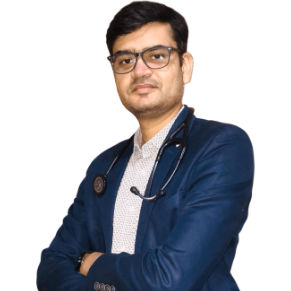
Dr. Abhishek Rathore
Cardiologist and Electrophysiologist
7 Years • MBBS, MD (Gen. Medicine), DM ( Cardiology ), Post-Doctoral Fellowship in Cardiac Electrophysiology.
Indore
Apollo Hospitals Vijay Nagar, Indore
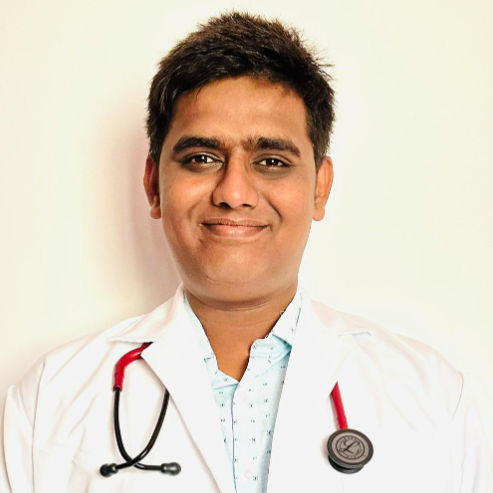
Dr. Sushith C
General Physician
2 Years • MBBS
Bengaluru
PRESTIGE SHANTHINIKETAN - SOCIETY CLINIC, Bengaluru
Consult a Cardiologist for Personalised Advice
Dr. Praveen Jaiswal
Cardiologist
17 Years • MD(Medicine), DM(Cardiology)
Indore
Apollo Hospitals Vijay Nagar, Indore

Dr. Anand Ravi
General Physician
2 Years • MBBS
Bengaluru
PRESTIGE SHANTHINIKETAN - SOCIETY CLINIC, Bengaluru

Dr. Sumanjita Bora
Cardiologist
9 Years • MBBS, PGDCC
Bengaluru
Apollo Clinic, Sarjapur Road, Bengaluru

Dr. Abhishek Rathore
Cardiologist and Electrophysiologist
7 Years • MBBS, MD (Gen. Medicine), DM ( Cardiology ), Post-Doctoral Fellowship in Cardiac Electrophysiology.
Indore
Apollo Hospitals Vijay Nagar, Indore

Dr. Sushith C
General Physician
2 Years • MBBS
Bengaluru
PRESTIGE SHANTHINIKETAN - SOCIETY CLINIC, Bengaluru
More articles from Emergency Care
Frequently Asked Questions
Can a young and fit person have a cardiac emergency?
Yes, while risk increases with age, young people can experience cardiac emergencies due to congenital heart defects, undiagnosed conditions like cardiomyopathy, substance abuse, or intense physical stress on an underlying issue. No one is immune.
What does a 'silent heart attack' feel like?
A silent heart attack may have very mild, fleeting, or no noticeable symptoms. It might feel like indigestion, a pulled muscle, flu-like fatigue, or general discomfort that is easily dismissed. They are often discovered later during a routine medical check-up.
How long can you have symptoms before a heart attack?
Warning signs can occur days or even weeks before a heart attack. People may experience intermittent chest pain (angina), shortness of breath, or unusual fatigue that worsens with exertion and improves with rest. Don't ignore these early warning signs of heart trouble.
Is it a heart attack or just anxiety?
This can be difficult to distinguish. Heart attack pain is often related to exertion and isn't relieved by rest or calming down. Anxiety-related chest pain is often described as a sharp, stabbing pain and is accompanied by other anxiety symptoms like hyperventilation and a sense of panic. When in doubt, always seek immediate medical attention to rule out a cardiac cause.
What is the first thing I should do if I think I'm having a heart attack?
Stop what you are doing, sit or lie down, and call for emergency medical help immediately. Do not attempt to drive yourself to the hospital. Chewing an aspirin (if you are not allergic) may be recommended by emergency dispatchers as it can help prevent blood clotting.

